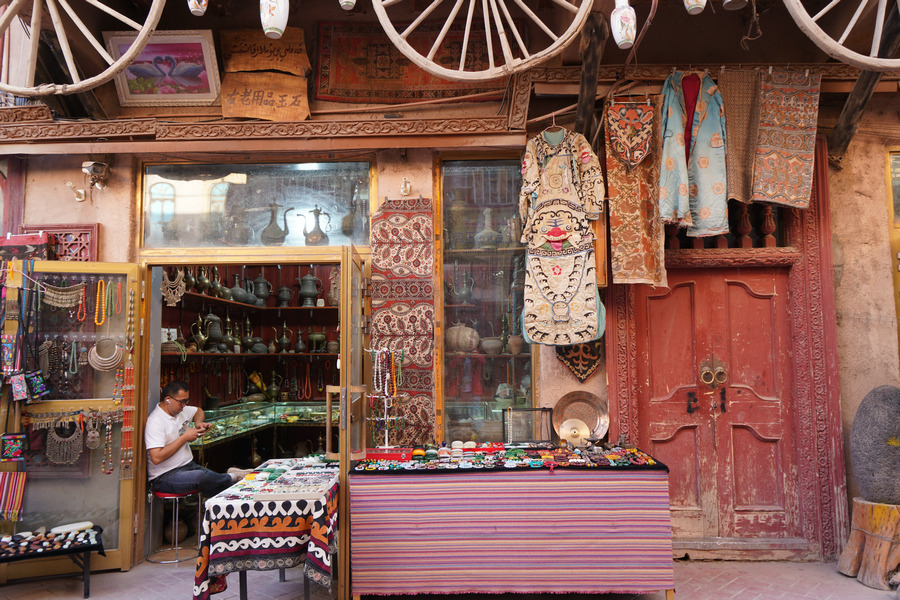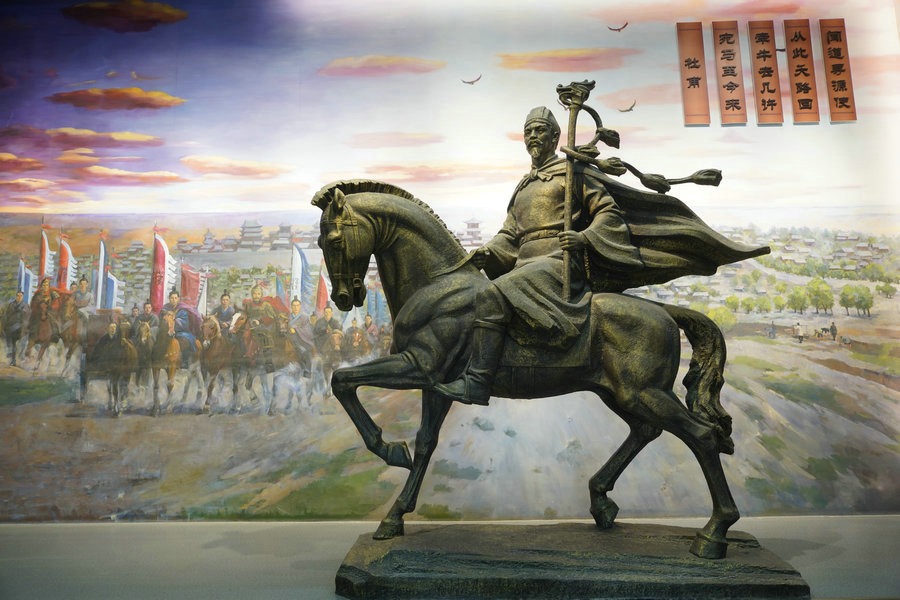Honored rural areas receive boost in visitors
Eight cultural sites receive recognition from UN agency, serving as testament to traditional life, Cheng Si reports.


Future development
The development of villages' economy, tourism and good reputations has epitomized China's economic and social advancement, as well as the effective measures the nation has released to vitalize rural areas and narrow the urban-rural gaps.
"China has eight villages on the Best Tourism Villages list by the UNWTO, which is a recognition of the country's rural tourism progress. Applying for and achieving the world-level honor will stimulate other provinces or villages to optimize their tourism services and residents' lives, benefiting the rural economy," said Song Ziqian, dean of the Policy and Science& Education Institute of the China Tourism Academy.
He said that China has channeled great resources into improving infrastructure and transportation in rural areas, laying a good foundation for developing village tourism. Chinese people's desire for a quiet, leisurely holiday in rural villages because of the farming culture and high pressures of urban life will drive the continuous and sustainable development of rural tourism.
"However, to harmoniously balance and combine the development of rural tourism and rural economy remains a challenge. The original ecology of a village is the key element that differentiates rural tourism from other types of tourism, but we can't ignore villagers' livelihoods in the name of 'keeping the ecology intact'. It's another problem to inherit the village's cultural assets in the process of digging into its tourism potential," he added.
Wang Yan, from Kchange Tourism Group headquartered in Shanghai, agrees that China's success in raising villages' reputations to the world will help attract more talent and financial investment to the countryside to use the villages' resources of assets and lands in more efficient and scientific ways.
"Talent shortage is the core issue hampering village development. More young people, or those with better educations or skills, will return to rural areas thanks to their increasing identity with rural development and the villages' growing world reputation.
"From my perspective, it's a trend to improve the existing infrastructure in rural areas into higher quality with more humanitarian value and economic benefits," he said.
He added that it is also necessary to deepen the integration of rural industries with village tourism and culture to produce some distinctive intellectual property, mainly referring to popular online products with potential economic values, to reach the sustainable development of rural tourism.
Ma Jingna in Lanzhou contributed to this story.

































